What is a food allergy?
A food allergy is an adverse immune response to a food protein. A reaction occurs when the body’s immune system mistakenly identifies a food protein as harmful. When this happens, the immune system thinks the individual is under attack and triggers an allergic reaction.
What sort of reactions can occur?
Reactions usually occur immediately after the offending food has been eaten. The types of reactions vary depending on the severity of the person’s allergy and the amount of allergen consumed. Reactions may include a rash around the mouth, redness and swelling of the face and/or tongue, itchy hives, breathing difficulties, vomiting and/or anaphylactic shock. Food allergy can also occur in the form of persistent eczema on the face and arms and a link with a particular food is not always obvious.
How common is it?
Food allergy is most common in infants and young children. In Australia and New Zealand food allergy occurs in 4-8% of children and 1-2% of adults1.
The most common allergenic foods are:

Egg
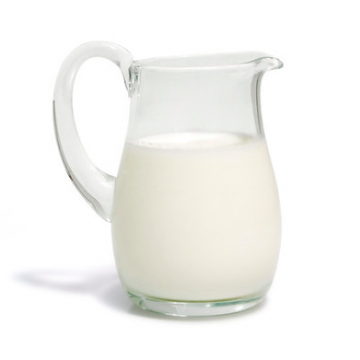
Cow’s milk
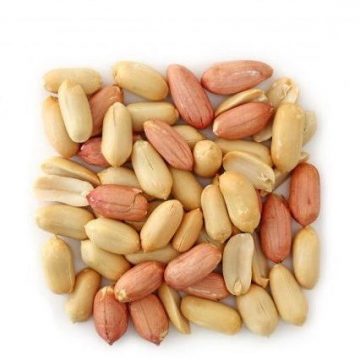
Peanut
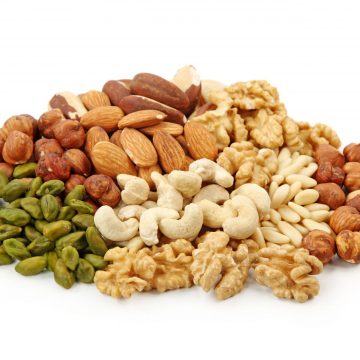
Tree nuts
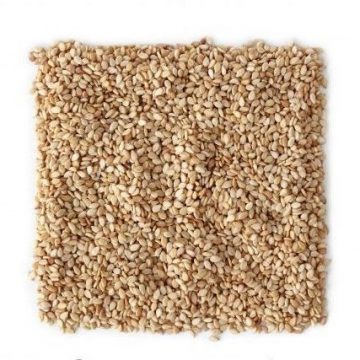
Sesame
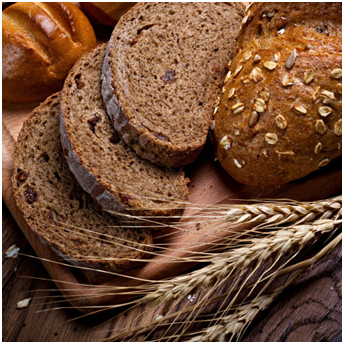
Wheat

Soy

Fish

Seafood
Young children with food allergies are often allergic to multiple foods, but from around five years of age this usually reduces to only one or two foods.
Remember:
- A food allergy is an immune response to a food protein.
- Allergic reactions can vary in severity.
- Food allergy is most common in infants and young children.
- The most common allergenic foods are egg, milk, peanut, tree nuts, sesame, wheat, soy, fish and seafood.
Can children grow out of food allergy?
Fortunately, most children grow out of milk, egg, soy and wheat allergies before they reach school age. However, peanut, tree nuts and seafood allergies often persist into adulthood.
Diagnosis and treatment
Children suffering from an allergy should be appropriately diagnosed by an allergy specialist or immunologist using reliable tests. When children are allergic to staple foods such as dairy or grain products, it can cause a significant nutritional impact on their diet. The family should seek dietary advice from an Accredited Practicing Dietitian to ensure optimal nutrition and appropriate food substitutes.
Can food allergies be prevented?
Effective allergy prevention is an ongoing area of research. The Australian Society of Clinical Immunology and Allergy* states that:
- When your infant is ready, at around six months but not before four months, start to introduce a variety of solid foods, starting with iron rich foods, while continuing breastfeeding.
- All infants should be given allergenic solid foods including peanut butter, cooked egg, dairy and wheat products in the first year of life. This includes infants at high risk of allergy.
Remember:
- Most children grow out of milk, egg, soy and wheat allergies before they reach school age.
- Children suffering from an allergy should be appropriately diagnosed by an allergy specialist or immunologist using reliable tests.
- Seek dietary advice from an Accredited Practicing Dietitian to ensure optimal nutrition and appropriate food substitutes.
- All infants should be given allergenic solid foods including peanut butter, cooked egg, dairy and wheat products in the first year of life.
- Allergy and Anaphylaxis Australia (A&AA). Food Allergy 2015. [Accessed 16 August 2021]. Available from: https://allergyfacts.org.au/allergy-anaphylaxis/food-allergy.
Produced by Nutrition Australia ACT Division, 2016. Reviewed August 2021.




